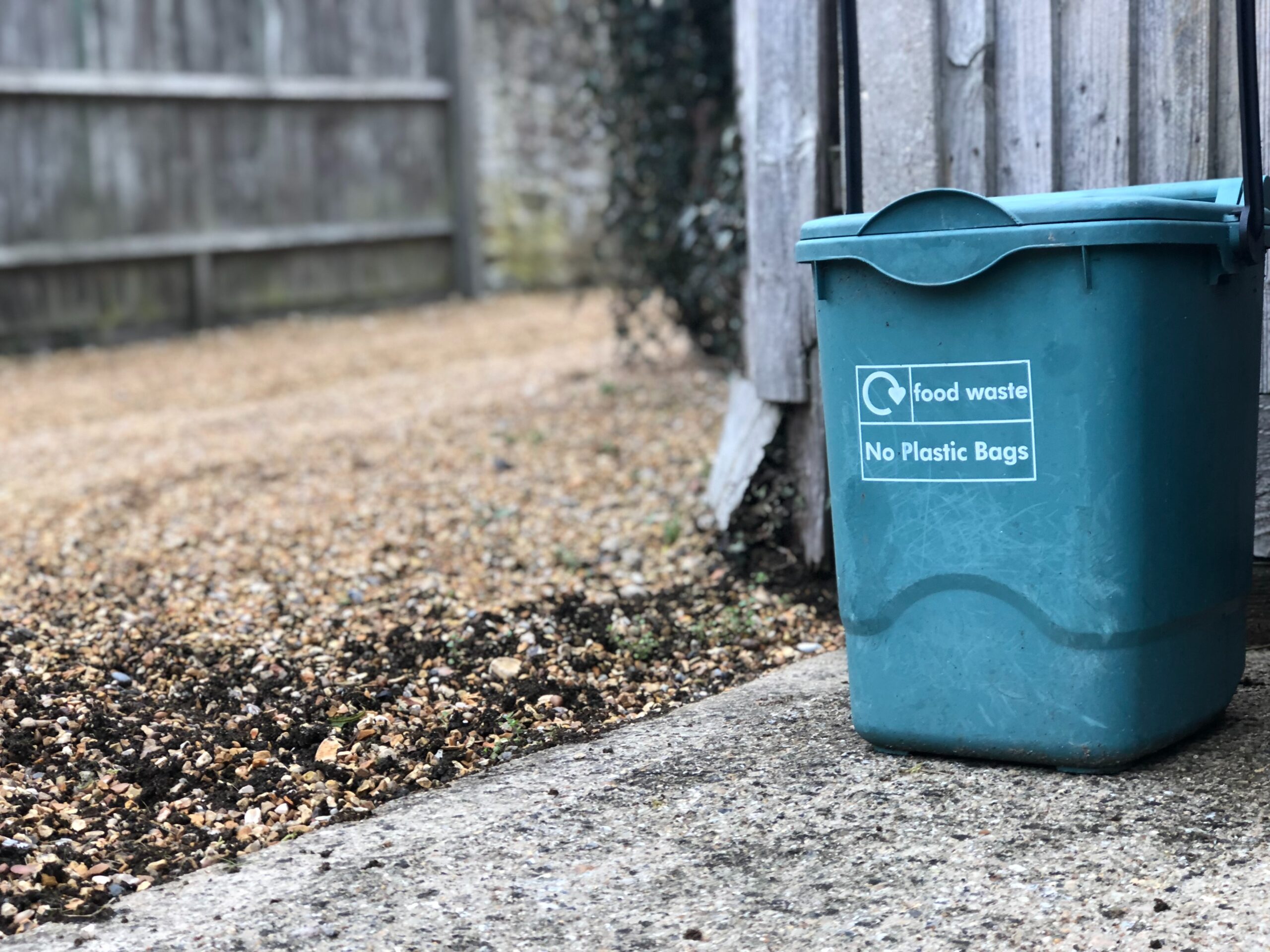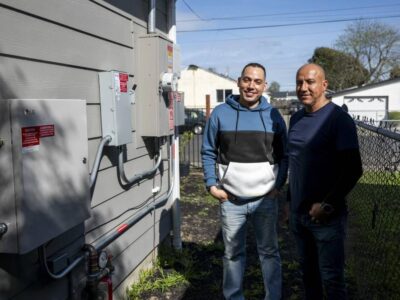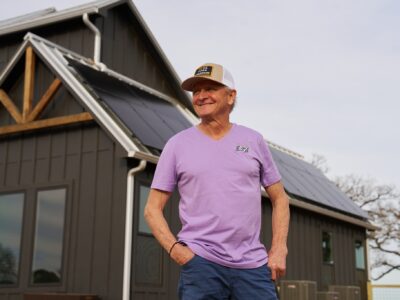K–12 Schools Receive Money For Recycling Education
A well-functioning society should ideally be on the constant lookout for ways of improvement. This idea rings true for every corner of the world that isn’t a utopia — and considering that the origin of the word means “no place,” it’s clear that even the ancient Greeks realized the impossibility of expecting perfection. We can, however, try our hardest to get as close to that ideal as is practically achievable.
That progress starts at the bottom. Only through the education of America’s younger generations can we build a foundation in our cities to not only do better than those who came before them. but also to expect better of the generations that will come to follow in their footsteps.
It is for this very reason that the public education system is seen as crucial. Although children arguably learn most of their basic skills from their parents and older siblings, K–12 public schooling presents another side of that coin, which is equally important in molding them into informed citizens of the country in which they reside.
If not for schools, most of us would know very little about the more mundane things like basic algebra or the difference between a molecule and an atom. We would also lack a vital understanding of the basics of voting and proper governance. Six schools in Charleston, SC, and many more across the country are beginning to add a new item to the list of essential educational tenets: the importance of recycling in an environmentally-conscious society.
South Carolina’s Department of Health and Environmental Control (DHEC) gave six schools in the Charleston County School District grant money for their 2021–2022 programs to educate their students on the benefits of recycling in their communities. In addition to promoting the idea of recycling whenever possible, the grants raise awareness of the problems caused by the buildup of solid waste, including actions to reduce one’s output.
The latter point is critical given the far-reaching definition of solid waste. The U.S. Environmental Protection Agency, contrary to the name, defines “solid waste” to include a wide range of liquids, sludges and even gasses, with the list of excluded substances being limited to things like sewage, irrigation return flow and radioactive waste. New educational programs will ensure that our nation’s youngest people grow up fully aware of such terms in ways lacking in most adults.
The funding reflects a continued emphasis from local governments on supporting the growing success of existing recycling education programs within these schools.
“They consistently submit outstanding project ideas over the years to grow their sustainability efforts and start new sustainability efforts,” Stefanie Vandiver, DHEC environmental manager, said in a statement. “Charleston County School District schools’ hard work is not only inspiring to other schools throughout the state but also boosts our recycling rates in South Carolina.”

The county grants, which range from $900 to $1500 per school, paid for various small-scale projects to boost recycling and general sustainability within the student body. The most common items are simple containers and tables for recycling and breaking down reusable items, but other schools used the money for more elaborate educational methods.
For example, Lucy Garrett Beckham High School received its $1,500 grant to assist the student Sustainability Club in growing its community garden and beginning a composting project. At Wando High School, the money went to students taking environmental science classes and going on a field trip to a recycling facility in the neighborhood. The DHEC is now accepting applications on its website for the 2022–2023 K–12 recycling education grants.





